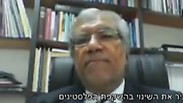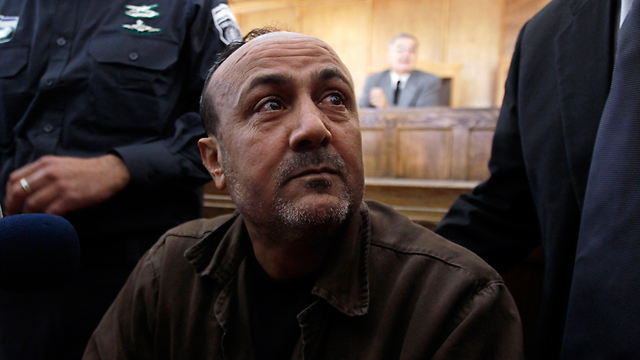
Dr. Khalil Shikaki, head of the Palestinian Center for Policy and Survey Research, explained that this is an example of a changed mindset, as the last time there was such a majority in support of an armed intifada was in September 2004.
Dr. Shikaki gave three factors he believed are responsible for the change in public opinion: The first is Palestinian alienation toward their own politics. The second is the perception that Israel's governments don't want peace, and thus the Palestinian public is disillusioned with the idea of a two-state solution. The third factor is the issue of israeli settler violence towards Palestinians, and the continued worries about the fate of holy sites.
Dr. Shikaki stated that polls indicate Hamas has become more popular than the Fatah in the West Bank, and that if elections were held today, Hamas leader Ismail Haniyeh would be the leading candidate for President over an incumbent Mahmoud Abbas.
The gap between the two stands at about ten percentage points. The only Fatah leader who seems to have a chance of beating a Hamas candidate seems to be Marwan Barghouti, who is currently serving time in an Israeli prison after being convicted of several counts of murder in 2004.
Dr. Shikaki explained that the younger generation, born around the time of the Oslo Accords, has a tendency to be more radicalized, and is the one leading the current wave of violence. It seems, Dr. Shikaki said, that they have a tendency to spur both Hamas and Fatah – and that they aren't particularly motivated by religion either. Their alienation with inner-Palestinian politics, however, seems to be especially strong.

















